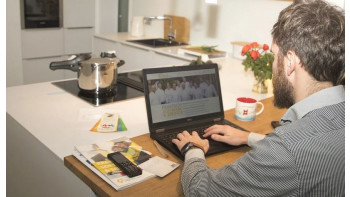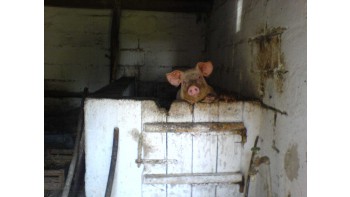It might not be the most effective way for a toddler to be involved in a game played by the entire family. However dropping the net and providing them with a preschool-sized racket with a large ball increases success and improves the fun factor.
an an an an an an an an an an an an an an an an an an an an an an an an an an an an an an an an an an an an
Motor skills are among the most crucial.
Gross motor skills are essential for preschoolers. The skills help improve balance, strength and coordination, reaction time and many other motor skills.
an an an an an an an an an an an an an an an an an an an an an an an an an an an an an an an an an
Toddlers and preschoolers should be taught to throw or kick the ball, climb, hop, ride tricycles, or bicycles with training wheels.
Wear helmets and other protective gear when riding bikes. Also, supervise them while they're climbing, or playing with moving devices or toys.
an an an an an an an an an an an an an an an an an an an an an an an an an an an an an an an an an
Make active toys available
Outdoor and indoor toys must be designed to allow active play. For instance, young children can play with balls, while older children can use bikes and scooters. For toddlers, preschoolers and school-aged kids, climbing toys are a great option. However, make sure that they're appropriate for your child's age.
At home, you should strive for more active toys, and less passive toys. When your child asks for a new toy, have them give up a passive toy in exchange for an active toy. This shifts the balance towards movement and shows them that less is more.
an an an an an an an an an an an an an an an an an an an an an an an an an an an an an an an an an an
Encourage free play
Children learn a lot from their surroundings and through free play. It's also a good time to sneak in some exercise.
You should include lots of playtime opportunities for your child throughout the day. Encourage your child to spend 30 minutes outside and let their imagination run wild. You can design an obstacle course, play scavenger hunt, ride on a bike or scooter, and play with balls or other outdoor games.
an an an an an an an an an an an an an an an an an an an an an an an an
Engage with your children
Children of all ages to "get some exercise" does not always work. Yet, if you get active with your children you'll find them more likely to desire to be involved. Furthermore, this could help working parents who want to exercise but are unable to be separated from their children outside during the day.
an an an an an an an an an an an an an an an an an an an an an an an an
Create an activity schedule
Woodall-Ruff recommends a weekly fitness schedule with goals. It is recommended to create this with your child and then place it in a location that is shared. Decide -- with your child -- on a nonfood-related reward in the event that they achieve their target.
It is a subject worth discussing
If you want to inspire your children to be active it is important to educate them about what it means. Find ways to create the positive habit of exercise at home. Discuss your workouts, sports and other activities and their importance in your daily life. When you sit down to dinner talk about the food you eat and how it fuels your the movement.
an an an an an an an an an an an an an an an an an an an an an an an an an an
Let them decide on the type of activity
Even young kids know what they enjoy, and they certainly are happy when you inquire about it. Your child can pick the sports and activities they are interested in and also play together.

















